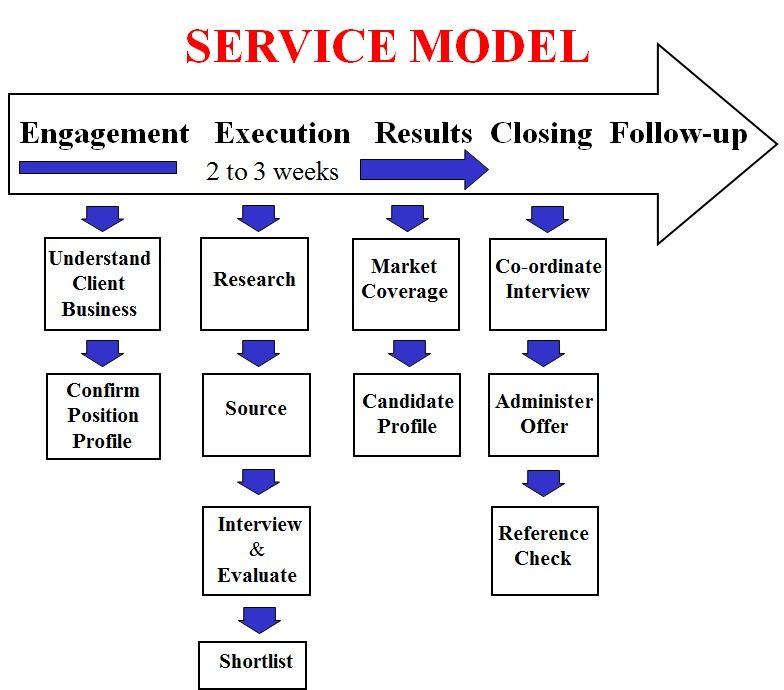The Importance of Networking and Relationship Building
By Craig D. Sandok, Esq. - Search Consultant
By Craig D. Sandok, Esq. - Search Consultant
Why do we network? It is the most powerful way to build professional relationships, actively foster contacts and disseminate information.
In 1994, it was estimated that the average person would change jobs 10.3 times during their life. In the year 2000, the average person would have three to five different career changes. These figures indicate that you better understand that people skills, personality, the ability to communicate, and the ability to build a network are key to keeping a job. Most major law firms and corporations now have marketing departments, an indication that people have to get along with people.
 Statistics from the Federal Bureau of Labor indicate that 70 percent of all jobs are found through networking (personal contacts). A mere 15 percent are through a search firm, 10-12 percent through want ads, 4 percent have been found by people creating their own jobs, and 2 percent by blindly sending out resumes. More people are hired by being in the right place at the right time than for any other single reason. But you can't take advantage of that unless you stay in contact with your network. This is the main reason to have a network.
Statistics from the Federal Bureau of Labor indicate that 70 percent of all jobs are found through networking (personal contacts). A mere 15 percent are through a search firm, 10-12 percent through want ads, 4 percent have been found by people creating their own jobs, and 2 percent by blindly sending out resumes. More people are hired by being in the right place at the right time than for any other single reason. But you can't take advantage of that unless you stay in contact with your network. This is the main reason to have a network. How do you build and maintain a network? Most people personally know at least 250 other people, and have even more acquaintances. Harvey McKay, a well-known author and speaker, suggests keeping a rolodex of everyone you know and putting a little something about that person on each card. McKay also suggests that you update your rolodex on who you meet daily. Get to know other paralegals -- get involved in MPA and NFPA; go to Sectionals; get on a MPA committee currently meeting. This could include the annual meeting, nominations and elections, winter gala, etc. Go out of your way to meet every single person that you have the opportunity to meet. Meeting new people will be easier for some than for others, but it will be worth your while. If networking is hard for you, start on a smaller scale - but start! The other thing I must say is be genuine, because people know if you are a phony. For some, it may take reading books to learn to genuinely like and meet new people.
Volunteering can help people who are shy or who find it hard to meet new people break out of their shells. Volunteering will afford you a smaller group to start and then you can build on that. Plus volunteering will build self-esteem and confidence faster than anything else because you are helping others. Always deliver more than you are asked to deliver.
Beware of networking errors.
(1) Be sincere;
(2) Do not ask for (or expect) payback;
(3) Respect other people's time;
(4) Follow through on promises;
(5) Use special care with referred 'friends';
(6) Do not make disparaging jokes;
(7) Err on the side of politeness and formality;
(8) Do not wait to be properly introduced - practice a self-introduction; and
(9) Say thank-you.
(2) Do not ask for (or expect) payback;
(3) Respect other people's time;
(4) Follow through on promises;
(5) Use special care with referred 'friends';
(6) Do not make disparaging jokes;
(7) Err on the side of politeness and formality;
(8) Do not wait to be properly introduced - practice a self-introduction; and
(9) Say thank-you.
 Even if you aren't looking for a job, it is always important to keep adding to your network -- both inside and outside your industry. Networking allows you to be in a position to win and be in with the decision makers who are making things happen. You can't take advantage of that unless you position yourself to win by staying in contact with your network.
Even if you aren't looking for a job, it is always important to keep adding to your network -- both inside and outside your industry. Networking allows you to be in a position to win and be in with the decision makers who are making things happen. You can't take advantage of that unless you position yourself to win by staying in contact with your network. One of the more important sayings I've heard is, "It is not what you know, it is not who you know, it is what you know about who you know." Another saying that we have all heard, "They do not care what you know until they know that you care"!
I want to end with this - did you see the movie Erin Brockovich? Without giving anything away, do you know why Erin was so successful? It wasn't because of the way she dressed (and I do not recommend dressing like that), or the way she spoke -- because she definitely could have used better language. It wasn't her education either, although she was very smart. It was the fact that she really cared for others, could relate to them, and others trusted her with everything they had. So above all else, you need to honestly care about what you are doing and learn to relate and work with people.






No comments:
Post a Comment